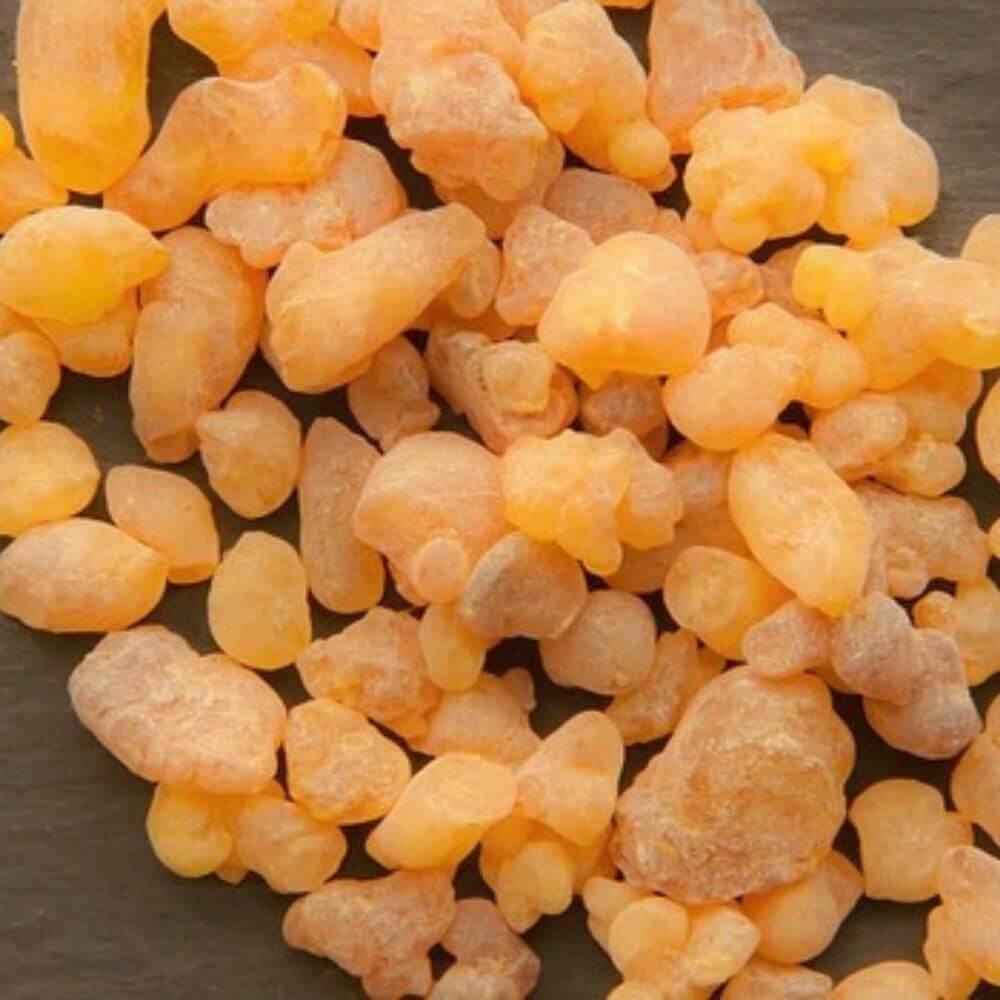A Tale of Two Spices - The Wonders of Boswellia Vs Turmeric!
Ancient Remedies Reborn - Unlocking the Therapeutic Properties of Nature's Painkillers: Boswellia & Turmeric!
If you're looking for a natural way to ease pain and inflammation, you may have come across both Turmeric and Boswellia. Both supplements are derived from plants and offer tremendous potential health benefits. But which one is better? Keep reading to find out.
Turmeric Has Been Shown To Be More Effective In Reducing Inflammation Than Boswellia
Turmeric has been gaining a lot of attention in recent years due to its potential anti-inflammatory properties. It is the curcumin in Turmeric that helps to reduce inflammation, and new research is showing that it may be even more effective at reducing inflammation than the well-known herb Boswellia.
The studies found that when consumed over a longer period inflammatory markers decreased significantly more with turmeric than with Boswellia supplements. While further studies are needed to fully understand why this is so, the information we have shows us that Turmeric is an incredibly powerful tool when it comes to controlling inflammation in our bodies.

Turmeric Is Also More Effective In Reducing Pain And Stiffness Associated With Arthritis
Turmeric has long been heralded for its anti-inflammatory properties, but studies have now shown that it can be even more effective than commonly thought in reducing pain and stiffness related to arthritis. Turmeric may improve mobility, strength, and flexibility much more effectively than non-steroidal anti-inflammatory drugs, thanks to its active ingredient curcumin.
It is important to note that while Turmeric is available as an herbal supplement, it has the most potential when taken in a highly concentrated form. Regardless of how you choose to take it, making sure to get enough Turmeric in your diet can offer significant relief from the pain of arthritis.

Boswellia May Be More Effective In Treating Other Conditions Such As Asthma, Crohn's Disease, And Ulcerative Colitis
Boswellia, also known as Indian frankincense, is a resin obtained from trees native to India and is used for centuries in traditional medicine. Increasingly, evidence is mounting that suggests it can be a more effective treatment for an array of chronic illnesses, far beyond its traditional roles such as treating digestive issues and inflammatory arthritis.
Research has found that Boswellia may be beneficial for managing asthma symptoms, and could be better at reducing the frequency and severity of Crohn's flare-ups than conventional pharmaceutical treatments. Additionally, it may be useful against ulcerative colitis by helping to reduce inflammation in the gut and thereby improve comfort. Ultimately, Boswellia serves as a promising natural anti-inflammatory option that warrants further scientific research on its effectiveness.
Both Herbs Can Have Potential Side Effects Along With Their Benefits
Herbal supplements can be a great addition to your health and wellness routine, but you should never take them without first consulting a healthcare professional. Both herbs used as natural supplements can have potential side effects that vary between individuals. While herbal remedies are mostly considered safe, it is important to understand how they interact with other drugs and the body before taking them.
Consulting a healthcare professional will help you determine the best dosage for you and if any of the ingredients in the herb may interact unfavorably with any current medications you may be taking. Taking herbs without proper and careful consideration of their side effects can result in unwanted consequences, so following an expert’s advice is always recommended.
Conclusion
If you're interested in trying an herbal remedy for inflammation, Turmeric is a good option to consider. It has been shown to be more effective than Boswellia in reducing both inflammation and pain/stiffness associated with arthritis. However, Boswellia may be more effective in treating other conditions such as asthma, Crohn's disease, and ulcerative colitis.
While both Turmeric and Boswellia are effective on their own, some suggest that combining them may offer even greater benefits, so why not? By taking both supplements together, you may be able to enhance their individual effects and enjoy even more relief from inflammation and pain. So if you're looking for a natural way to feel your best, consider giving turmeric and Boswellia a try!
As with any supplement, it is important to consult with a healthcare professional before taking either herb, as they can both cause side effects. Additionally, herbal remedies are not regulated by the FDA, so quality can vary greatly between brands. Be sure to do your research before purchasing any supplements.
Taking time to understand the source of herbal remedies can help you make an informed decision when deciding on which ones to use for your health needs. Check out our blog for our top recommended Boswellia supplements, many which include Turmeric as well. Thanks for reading!
You Might Also Enjoy Reading This!
Say Goodbye To Aches And Pains With The Best Boswellia Supplement - Here Are The Top 5 You Can Find!
Upgrade Your Seasoning Game With Turmeric And Saffron: The Health-Boosting Yellow and Red Duo!
Disclaimer
Each of these products has been very carefully reviewed and selected by us at WellnessWishlist. All opinions in this article are our own, and we're proud to share them with you, however, all content is meant only to be informative and should not be taken as medical advice, nor used to diagnose, treat, and or prevent any health conditions. As Amazon associates we may collect compensation from the affiliate links on this page, through qualifying purchases (that's how we stay in business). We truly hope you enjoy finding the next addition to your WellnessWishlist!

